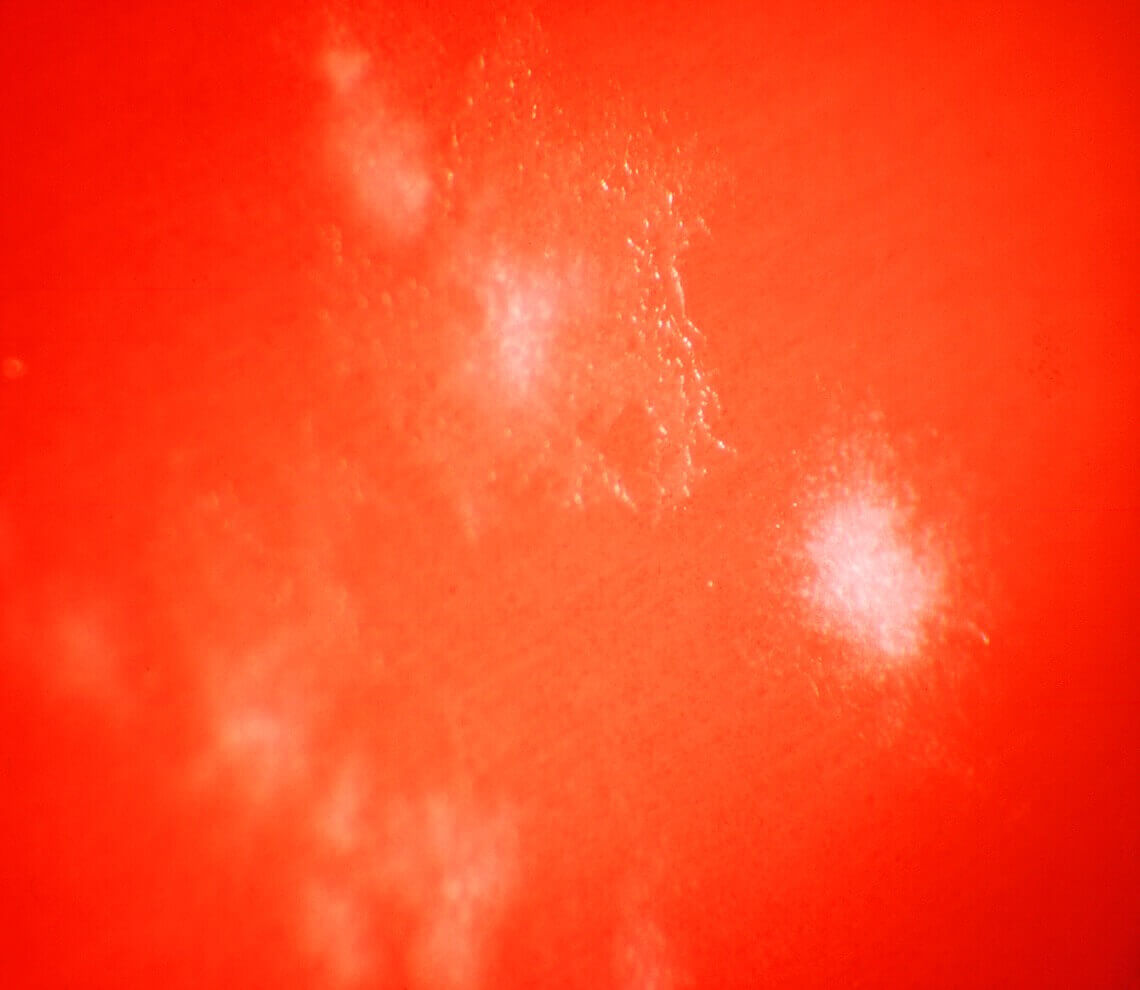- Our Suppliers
- MBS Monoclonals
- a-Dystroglycan (Alpha-Dystroglycan, Alpha-DG, 156DAG, A3a, AGRNR, Cranin, Dystrophin-associated Glycoprotein 1, DAG1, DAG) Antibody
Product short description
Price:
1050 EUR
Size:
100ul
Catalog no.:
GEN607733
Product detailed description
Gene name
N/A
Gene name synonims
N/A
Other gene names
N/A
Concentration
N/A
Immunoglobulin isotype
IgM
Other names
N/A
Clone
10B2761
French translation
anticorps
Clonality
Monoclonal
Category
Antibodies
Also known as
a-Dystroglycan
Purification method
Ascites Ascites
Host organism
Mouse (Mus musculus)
Subcategory
Mnoclonal antibodies
Source organism
Human (Homo sapiens)
Tested applications:
ELISA (EL/EIA), Immunohistochemistry (IHC)
Form/Appearance
Supplied as a liquid. No preservatives added.
Properties
If you buy Antibodies supplied by MBS Monoclonals they should be stored frozen at - 24°C for long term storage and for short term at + 5°C.
Description
The a-Dystroglycan (Alpha-Dystroglycan, Alpha-DG, 156DAG, A3a, AGRNR, Cranin, Dystrophin-associated Glycoprotein 1, DAG1, DAG) Antibody is a α- or alpha protein sometimes glycoprotein present in blood.
Species reactivity
Chicken, Human (Homo sapiens), Mouse (Mus musculus), Rat (Rattus norvegicus), Sheep, Xenopus; Due to limited knowledge and inability for testing each and every species, the reactivity of the antibody may extend to other species which are not listed hereby.
Storage and shipping
Store the antibody at +4 degrees Celsius for short term storage.. Aliquot to avoid repeated freezing and thawing. For optimal long term storage, the antibody should be kept at -20 degrees Celsius. Aliquots are stable for at least 12 months. For maximum recovery of product, centrifuge the original vial after thawing and prior to removing the cap.
Specificity and cross-reactivity
Recognizes an extracellular region close to the C terminal end of the alpha subunit of human cranin, also known as dystroglycan. Species crossreactivity: mouse, Xenopus, chicken, sheep and rat.; Since it is not possible to test each and every species our knowledge on the corss reactivity of the antibodies is limited. This particular antibody might cross react with speacies outside of the listed ones.
© Copyright 2016-Tech News . Design by: uiCookies

